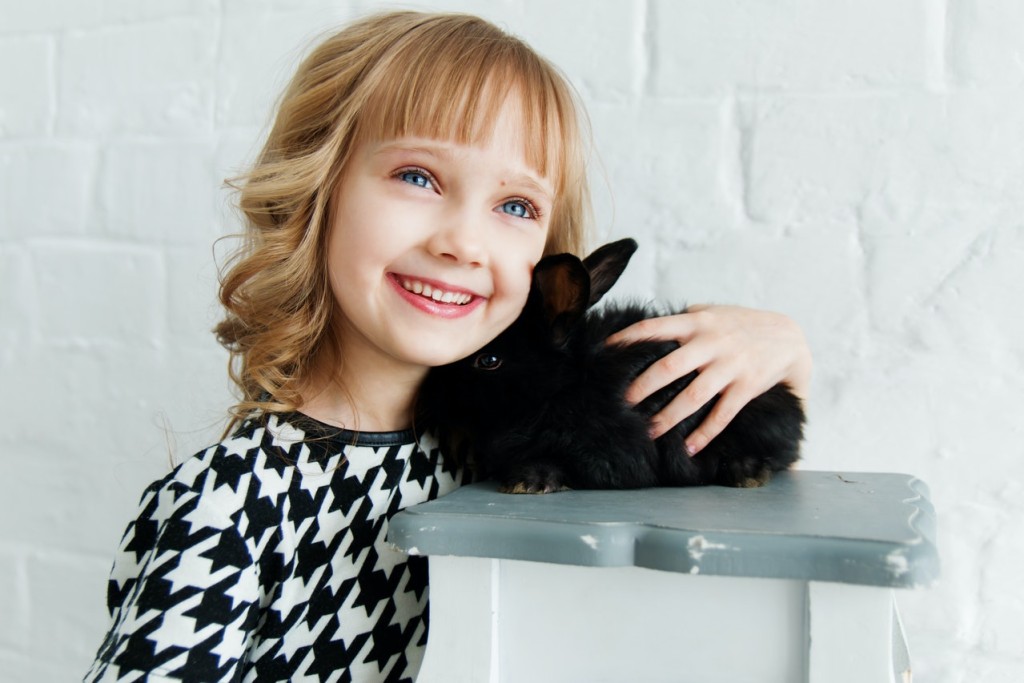For some individuals suffering from mental health issues, the presence of an emotional support animal (ESA) is critical to their ability to function normally on a daily basis. These animals provide emotional support and coping mechanisms that help people deal with challenges that might affect their quality of life.
Mental health professionals often prescribe dogs as emotional support animals, but they’re not the only animal species that can provide emotional support or therapy to humans. Many people have managed to boost their self-esteem and reduce their anxiety interacting with therapy animals of various species. Aside from dogs, here are some of the best emotional support animals you can have if you’re considering one.
1. Cats
Cats are not as active and may seem lazy animals compared to dogs, yet their calm and affectionate nature makes them great emotional support companions. They can quickly form a loving bond with their owners and their soothing presence offers a variety of benefits for their owner’s mental health, including reducing stress and blood pressure, according to research.
Some of the best cat breeds that are perfect for emotional support include the American Bobtail, Bengal, Russian Blue, Siamese, and Sphynx.
Read more: 6 Best Cat Breeds That Provide Emotional Support
2. Rabbits
Domestic rabbits make excellent ESAs because they’re cute, cuddly, playful, and quick to bond with people. They have some of the softest furs and twitchy noses that many find adorable. Rabbits are also very loving and caring creatures and have a great awareness that makes them responsive to their owner’s emotions.
3. Guinea Pigs
These cuddly rodents have many excellent qualities, including their small size, gentle behavior, and highly interactive nature, making them good ESAs for anxiety and depression. When guinea pigs are overly excited, they will do a jumping and twisting maneuver called “popcorning,” which can be amusing to watch. If you decide to have guinea pigs for emotional support, make sure you have at least two of them at once to keep each other company.
4. Parrots
Parrots are winged creatures with bright and extravagant colors that offer great benefits to people with all kinds of mental health issues. Their tendency for empathy and their ability to mimic human speech makes them fun pets to interact with. They’re also capable of sensing tension and anger in humans, which is helpful for people with anxiety and learning disabilities.
5. Miniature Horses
Unlike other domestic animals, miniature horses are not pets you keep at home. They’re often raised at therapy farms where individuals with learning disabilities, critical illness, or trauma can visit them for emotional support and comfort. Their calm demeanor and love for people mean that you can hug and pet them comfortably, making them a viable treatment option for anxiety and depression.
Conclusion
There are several other animals you don’t usually keep as pets that can provide emotional support, such as snakes, pigs, chickens, llamas, and alpacas. While these animals are not as friendly and lovable compared to dogs, they’re still capable of making you feel better, as long as they’re properly trained.
The good thing about having a variety of animals capable of being ESAs is that it gives you more options in choosing the animal that suits your needs and personality.
Do you own an assistance animal? Register your pet today.
The Service Animal Registry of California invites you to have your assistance animal registered in order to designate its status. We also encourage you to take our online classes so you can be fully aware of your rights and gain more knowledge about your support animal.
Finally, we present to you our book entitled, “ASSISTANCE ANIMAL LAWS: LEARN YOUR RIGHTS REGARDING SERVICE ANIMALS, EMOTIONAL SUPPORT ANIMALS, THERAPY PETS, AND OTHER DOGS, CATS, AND ASSISTANCE ANIMALS” to provide you with a complete education on assistance animals. Purchase your copy of the book by clicking the image below. 



